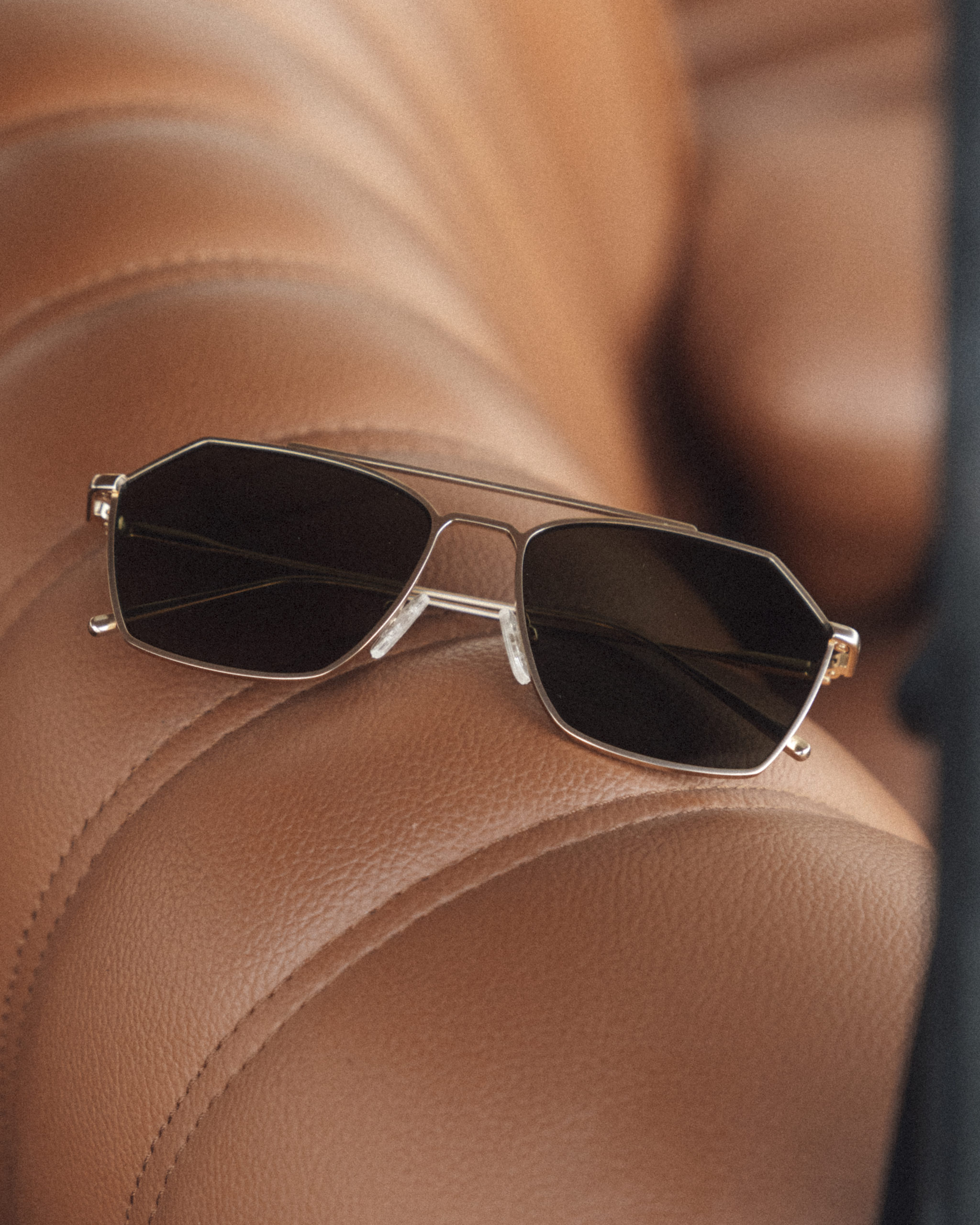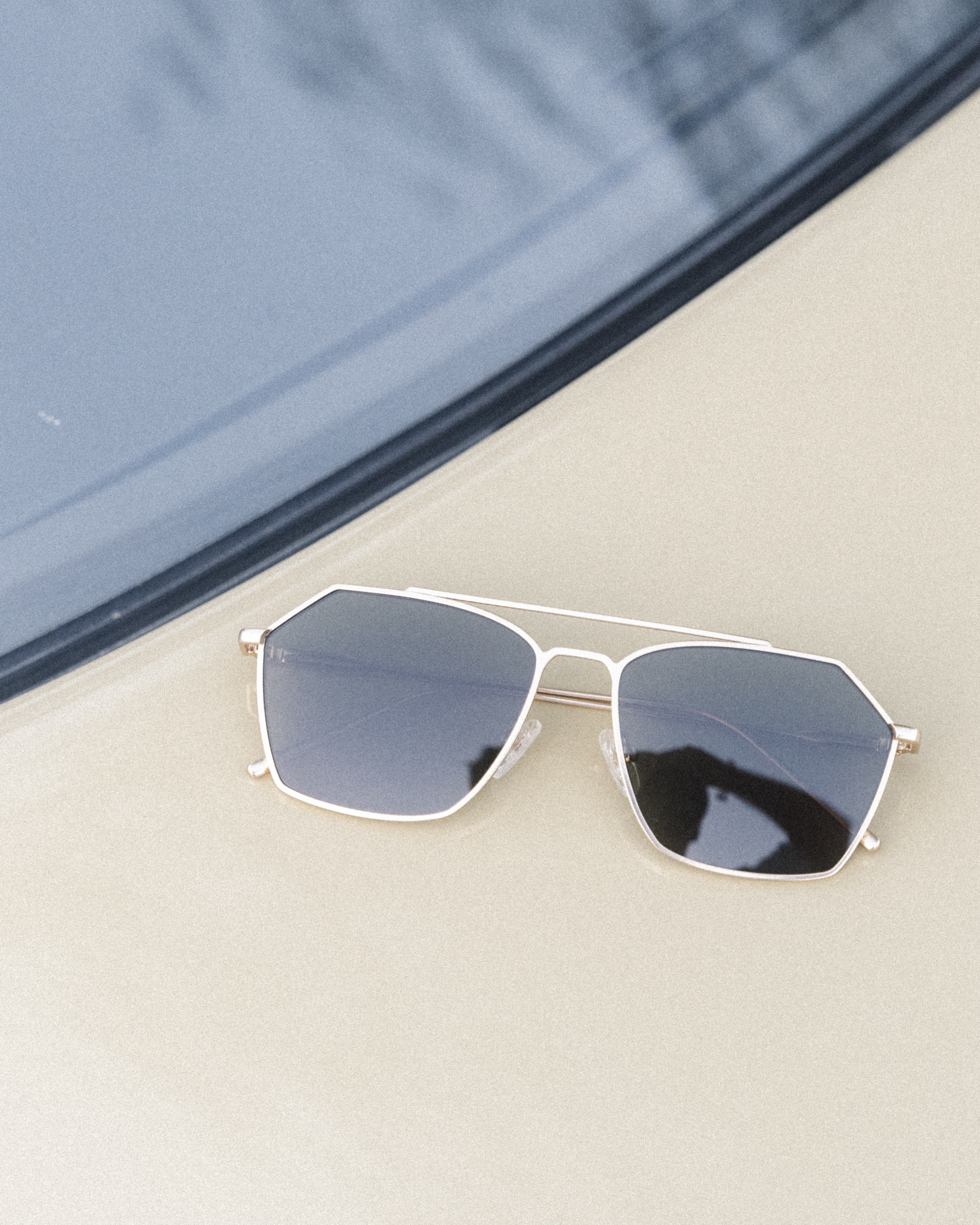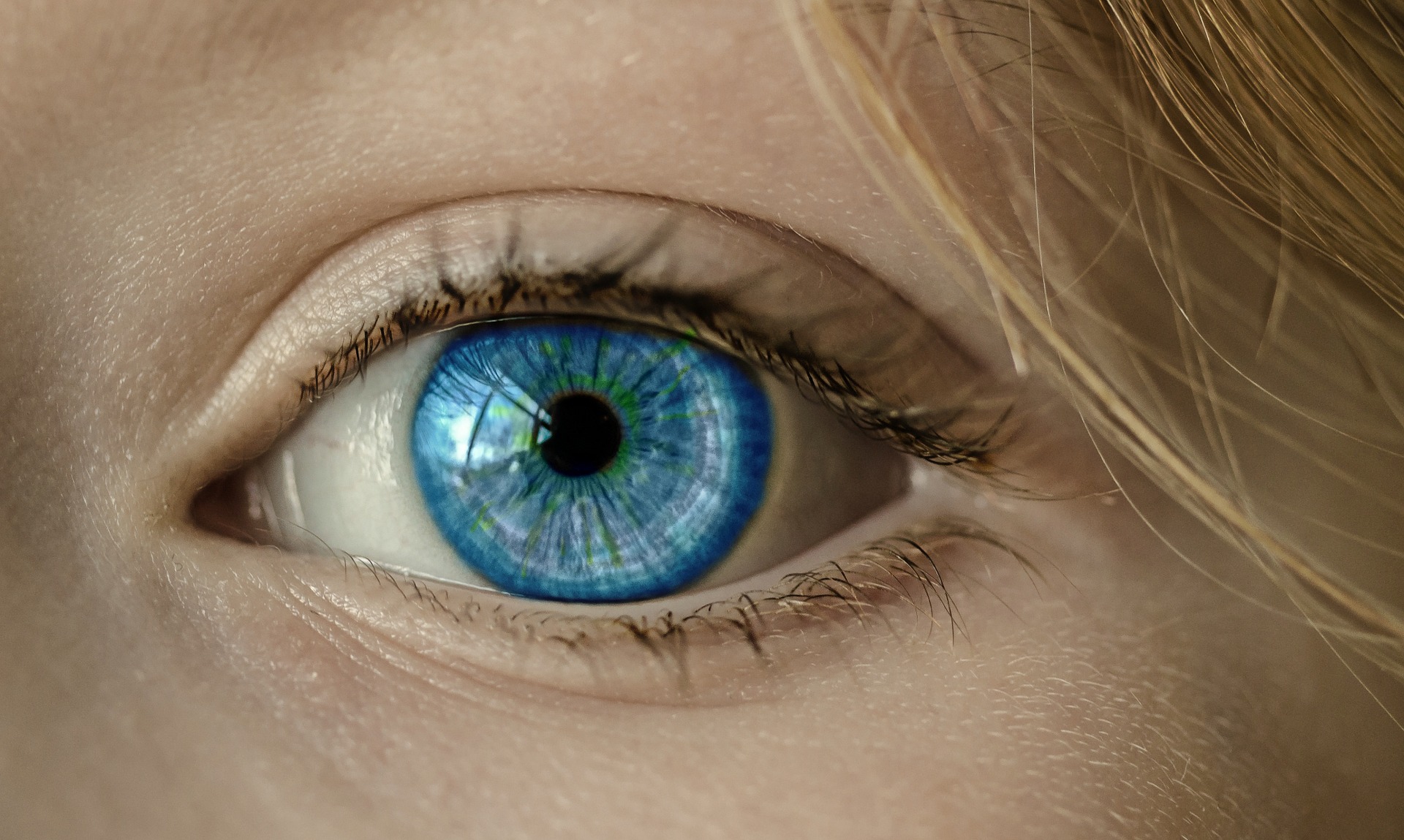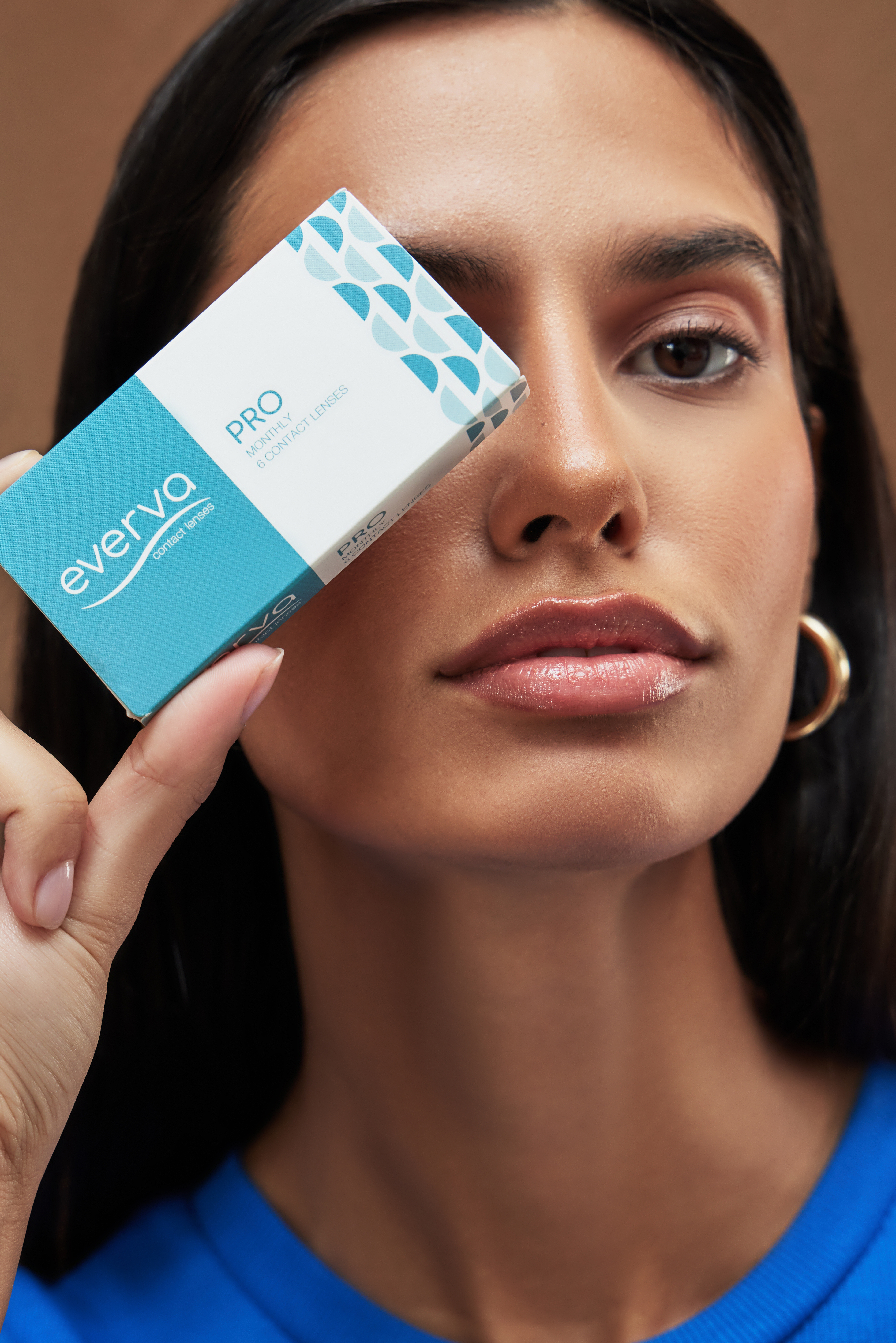Weather extremes can wreak havoc on your health causing sunburn in the summer and flu in the winter. Similarly, weather extremes can also impact the wearability of contact lenses which can lead to eye discomfort and infections. High and low temperatures can affect even the contact lens boxes and damage the lens material if not stored properly. By following some basic precautions, you can, however, ensure that weather doesn’t rain on your parade as a contact lens wearer.
During Hot Weather
During the summer months, here are some important things that you should keep in mind:
1. Block the sun
During the summer months, it is important to make sure that you are not exposing your eyes to harmful UV rays of the sun. So, it would be a great idea to opt for contact lenses that have UV protection, especially during the summer months. Another way to protect your eyes and your lenses is by wearing polarized sunglasses when you are outdoors. This is a healthy habit to adopt throughout the year regardless of whether the outside temperature is 9 degrees or 90 degrees.
2. Stop the sweat flow
During hot months, especially in places with high humidity, it is quite common to sweat easily even when you are not doing any physical activity or exercising. To prevent the string of sweat from getting into the eyes, try wiping your brow with a towel frequently or wearing an absorbent headband. Your contact lenses and your eyes will thank you for it.
3. Do not fear intense heat
A common misconception is that during peak summertime, or while working outdoors for long under the sun, the contact lenses will melt in your eyes. This is not true at all. There are countless contact lens wearers who spend long hours in hot conditions, and none of them have ever experienced melted lenses. The only precaution that you need to take is to wear sunglasses to prevent hurting your eyes.
4. Swim carefully
When you go for a swim, remember to remove your contacts before you get into the water. If you continue to wear your contact lenses while swimming, it can cause eye irritation and may lead to eye infections. Similarly, make sure you take off your contact lenses before taking a shower, soaking in a hot tub or splashing around in the ocean. For those of you who still insist on keeping their contacts in while swimming, it is best to slip on a pair of swimming goggles before hitting the water.
During Cold Weather
During winter months, the air tends to get drier and the cold chilly weather may sometimes cause eye discomfort. Here is what you should keep in mind during winter months:
1. Tackle low humidity
During the fall and winter months, the humidity usually decreases and your eyes tend to get drier since the tears in the eyes are more likely to evaporate. So, for winter months, it is a good idea to stock up on eye drops or artificial tears that are compatible with your contact lenses. Also, make it a habit to wear goggles or sunglasses when you are outdoors to protect the eyes from the dry winds.
2. Hydrate
During winter, we tend to drink less water. Make sure that you hydrate well during the winter months. Drink plenty of water and warm fluids to keep your body as well as your eyes adequately hydrated. The more water you drink, the more tears your eyes can produce to combat the dryness of winter air.
3. Stay away from direct heat
During winter, we crank up the heat in offices, vehicles, and homes to combat the chilly temperatures outside. Whether the heat is originating from car vents, furnace vents, stove, a fireplace, it ends up drying out your eyes, leading to irritation. To ensure that your eyes stay moist, avoid close contact with these heat sources as they make the air dry. You can use a humidifier during winter months to keep the surrounding air moist.
4. Don’t fear the freeze
No matter how freezing it is outside, your contact lenses won’t melt in your eyes. This is because the lenses are kept warm by the temperature of your tears and corneas. However, make sure that you wear goggles or sunglasses during winter months to protect your eyes from harmful UV rays.
5. Keep glasses handy
If the weather is very frigid and you are feeling discomfort wearing your contact lenses, replace your contact lenses for your prescription glasses and consult your eye specialist if the discomfort continues.
For both winter and summer months, always remember these eye care basics:
Care for your contacts
To ensure that your eyes remain in optimal health, whether it is snowy, windy, rainy or sunny, make sure you clean and store your contact lenses properly. Always read the manufacturer’s instructions and recommended schedule for changing your contact lenses (daily lenses, monthly lenses and so on)
Ask about daily disposables
One of the ways by which you can ensure that you stay away from weather-related eye problems and other eye problems is to ask your eye doctor about daily disposable contact lenses (if you are not already using them). A clean, fresh, new pair of contact lenses can lower the risks of eye discomfort, irritation or infection.
Give your eyes a rest
To minimize the eye problems caused by weather extremes, take a break from contact lenses for a few hours daily and switch to your glasses. This will reduce the likelihood of irritation and discomfort. Also, make sure that you get adequate sleep. Restful sleep helps in easing eye dryness and fatigue. Most importantly, do not wear your contact lenses when you go to sleep since it can make your eyes more prone to developing an eye infection.
Don’t worry about contacts left at your door
If you have ordered your contact lenses online and they have been sitting at your front door for much of the day while you have been away at work, you may be concerned about the condition of your contact lenses. Well, there is no reason to worry as research suggests that contact lenses can withstand both extreme heat and Antarctic type cold without getting degenerated.







